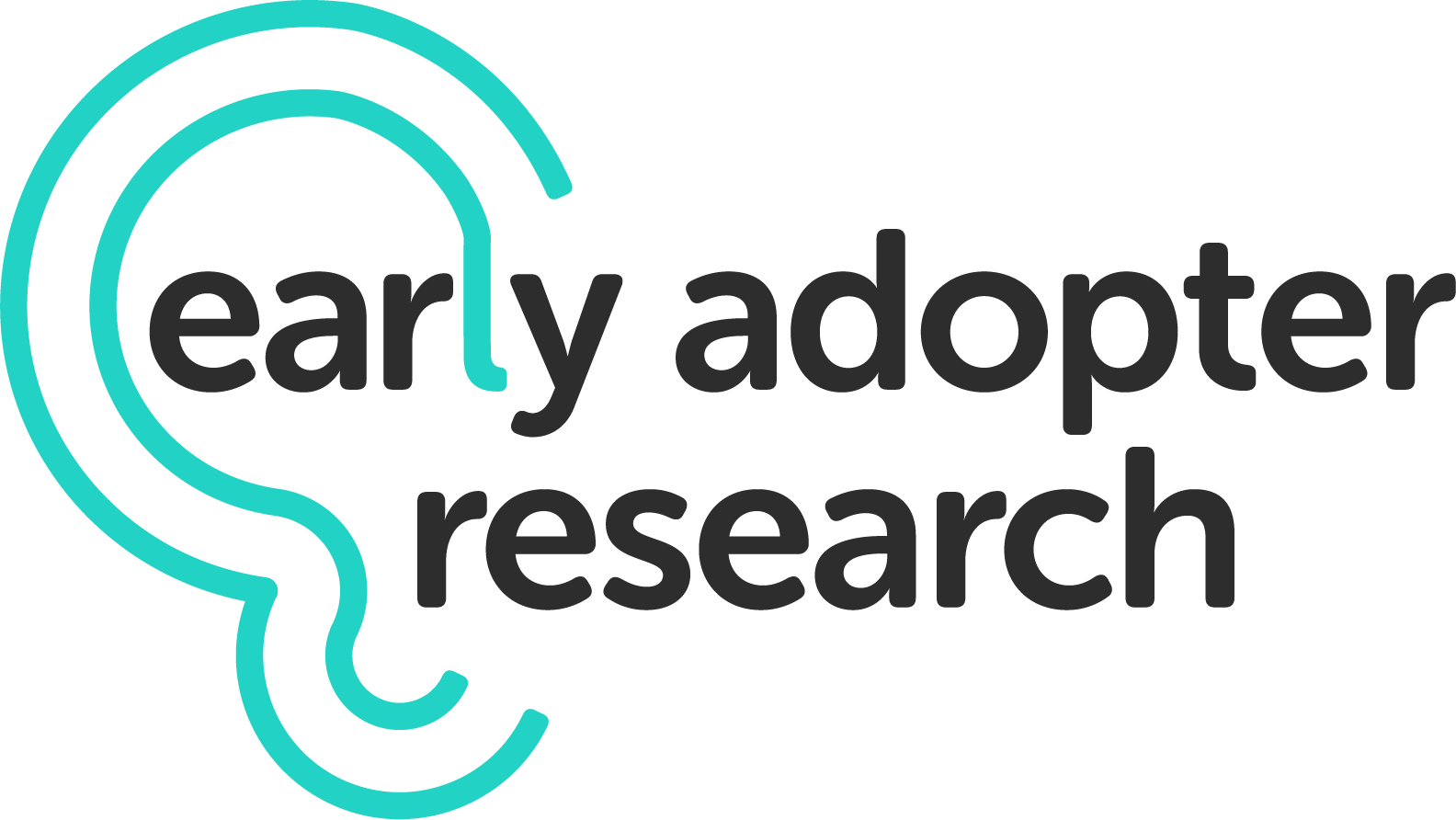Consumerization is recognition that the footprint of IT has expanded beyond its typical boundaries.
Noah Broadwater is the CTO of Sesame Workshop, the nonprofit behind the Sesame Street children’s media juggernaut. Dan Woods, CEO and Founder of Early Adopter Research, sat down with Broadwater to discuss asset (Part I) and portfolio (Part II) management from the perspective of the CTO, the effect and dictates of consumerization on the modern CTO, and his thoughts on demystifying the cloud. In Part III he talked about pruning the IT estate.
In this segment, Broadwater discusses consumerization.
Woods: I want to hear your take on consumerization. To me, consumerization is just a recognition that the footprint of IT has now expanded beyond its typical boundaries. We used to have better IT in our offices, and now we have IT that’s at least as good, if not better, in our personal lives. The footprint of IT is no longer contained within the IT department.
Consumerization is just a recognition of the fact that we now have more sources of IT that we can choose to use on our own. The first thing IT needs to do is accept it.
Second, IT needs to accept it in a way that acknowledges the responsibilities of IT for security, reliability, and disaster recovery, but also acknowledges the value of having people solve problems for themselves. The way I suggest that be done is by drawing a circle around what IT officially supports, and call that the “IT Store.”
People can interact with that and then they have things outside the store that can use parts of things from the IT store, and when certain assets from the IT store are used, such as credit card numbers or social security numbers, then you have to be more careful about how they’re used.
When less-critical things are being used, you can be less careful, but you should be monitoring, or trying to detect what’s happening outside of the IT Store not only for problems that might occur, but also for opportunities to incorporate outside innovations.
Broadwater: I think that’s one of the best descriptions I’ve heard. I completely agree with it. When I talk to people about consumerization, I hear one of two things. The first thing I hear is, “Not in my office. Not in my business. We don’t allow it. We won’t allow it. This is the way it is.” This is a pure CIO response: “I control the company. I control the technology of this company. You will do as I say. I am the gatekeeper for all.” It’s the old way and it is losing very fast. My argument to any CIO who says that to me is, “Polish your resume, because you’ll be looking for a new job in about a year.”
Woods: The way I say it is that “the IT monopoly is over.”
Broadwater: It absolutely is. The most important part of IT, in my opinion, is your help desk. There is no one more important in an IT organization than a help desk person. That’s why I don’t believe in outsourcing the help desk. A help desk person is the first person who answers a call. They’re the first person who receives a complaint, a question. They’re the first people you ask for help.
In The Breakfast Club, there’s the great scene where John Bender’s talking to the custodian, and the custodian says, “I am the eyes and ears of this institution. You guys don’t even notice I’m there and you talk in front of me. I see everything. I see inside of your lockers, I see inside of your desks, I see it all.”
Your help desk person’s the same way. You’d be surprised at how many people have private phone calls, big meetings, with a person under their desk, working on their computer.
These are the same people who help you when you have a problem with your spreadsheet. Well, as they’re helping you, they’re going to see it. Now, you have to enforce among your help desk personnel the idea that “This is all private. You are not supposed to talk about it. You cannot divulge any of this information.” But at the same time, they often have a better idea of what’s going on in your business than anyone else. So I rely on help desk personnel to be the innovators because they’re hearing the problems everyone’s having.
Woods: They’re the nervous system for you.
Broadwater: Yes. They know the people who are saying, “Well, why can’t we just use Dropbox? I’m using Dropbox for my stuff from now on.” And people just start using it. They come back and say, “By the way, there are some people who are putting company assets out into Dropbox.” Oh, well, that’s interesting.
Woods: To you, that’s an event that says, “Ah, now consumerization has led to the identification of a need.” And then you react to it, either by allowing it, or by not allowing it, or by proposing an alternative.
Broadwater: Exactly. And proposing the alternative is the biggest way to go. You can allow it in some cases, but often what you want to do is propose an alternative that meets both the company’s needs and the end user’s needs.
Here’s another example. There’s one consumer product in particular where we found over 100 employees using it without permission. So I contacted the company and said, “Listen, can you show me how many users are actually using your product?” They sent me back a report, because it’s based on an email account. They said, “You’ve got 143 users using our system.”
I said, “Well, I’ve got a problem, because your system is good, and it’s got some good security around it, but it’s not enterprise-capable. Have you ever thought about becoming an enterprise-capable provider?” They said, “Well, yeah. That makes sense in our business model.”
So we worked with this company to help them become enterprise-capable. Their lawyers sent us the documents. Our lawyers helped them write their legal contracts in such a way that enterprises would be okay with them. We made sure to protect the IP of our company, while still protecting the vendor, with provisions that would give us a certain level of security. Our employees are protected. They love it.
Well, now we can turn to them and say, “All right, we took what you love and we made it enterprise-class. Our help desk can now log in and see what everyone is doing, they can administer it, they can stop it, they can shut it down if they have to. They can track what’s being done.”
The users are happy. They got what they wanted. IT’s happy; it got the control it wanted. And the company overall is happy, because we also get great deals working with these outside companies. I think there’s a lot to be done with consumerization right now.
The other advantage is that people will discover someone else using the same thing, and we’ll form a team and look at different products in the marketplace, asking, “Which ones are the easiest for, and which meet the greatest number of IT’s needs? Let’s find the right balance.” So ease of use is there, but so are centralization and security.
Woods: So the help desk is essentially like the detective nervous system for your company?
Broadwater: Absolutely.
Woods: So you do have an acknowledgment that consumerization is happening and the company is seeking to appropriate its advantages. But you haven’t declared to everyone, “Use whatever you want,” you’ve just said, “Use what you need, and let us know.” Do you find that the help desk is always the group coming to you, or do people seem to practice shadow IT in the background?
Broadwater: In the instance where we approached this outside company being used by our people, that was definitely shadow IT. But generally there isn’t. Usually people come to us—they’ll come to a help desk person or they’ll come to me and they’ll say, “We’re thinking about doing this. Can you tell us if this is smart?”
Nothing drives me more insane than when I walk by my help desk, or any of my engineers, and I hear them say, “No.”
“No” is not a word that should be in their vocabulary. It should be, “I understand your issue. Let’s work together to find a solution.
Woods: You must appreciate the opportunity to be asked.
Broadwater: One thing I’ve fought for is for IT to be advisors, not to be naysayers—nothing drives me more insane, when I walk by my help desk, or any of my engineers, and I hear them say, “No.”
“No” is not a word that should be in their vocabulary. It should be, “I understand your issue. Let’s work together to find a solution.” Now, they might, in the end, be saying “no” in a nice way, but it should always be, “Let’s try and find a solution.” These are solution providers, and that’s what IT should be.
I’ve worked hard to try and let the company know that so they can come to us and say, “We’re trying to do this, and we’re looking for solutions.” IT’s response to that courtesy should be an offer to help you go out and find the right solution.
Woods: Do you have an IT store?
Broadwater: Yes, there is a core store: It’s a list of supported applications and resources on our portal.

